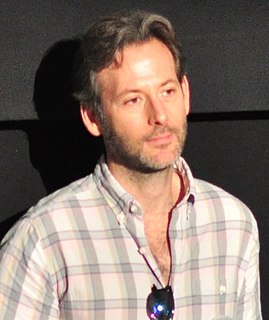A Quote by Andrew Dickson White
He [Paolo Sarpi] was one of the two foremost Italian statesmen since the Middle Ages, the other being Cavour.
Related Quotes
The great ideals of the past failed not by being outlived (which must mean over-lived), but by not being lived enough. Mankind has not passed through the Middle Ages. Rather mankind has retreated from the Middle Ages in reaction and rout. The Christian ideal has not been tried and found wanting. It has been found difficult and left untried.
Those who professed themselves unable to believe in the reality of human progress ought to cheer themselves up, as the students under examination had conceivably been cheered up, by a short study of the Middle Ages. The hydrogen bomb, the South African Government, Chioang Kaidick, Senator McCarthy himself, would then seem a light price to pay for no longer being in the Middle Ages.







































